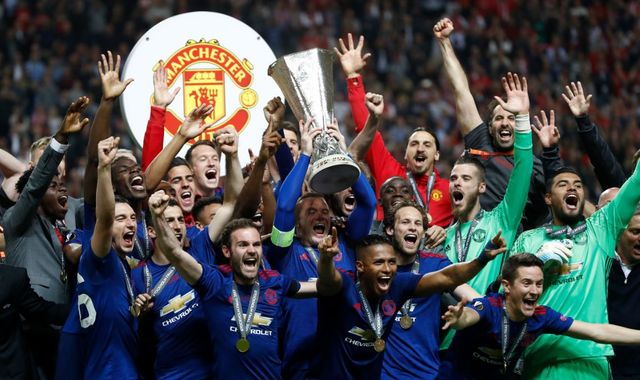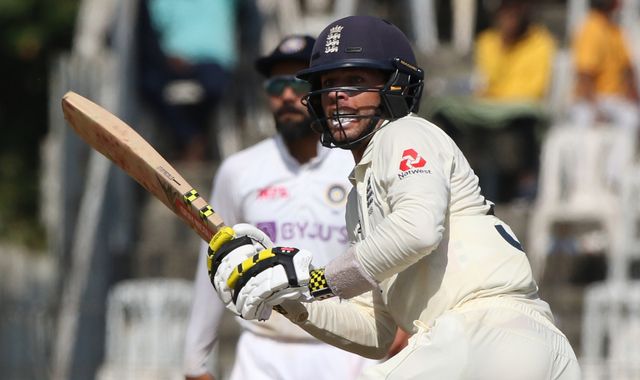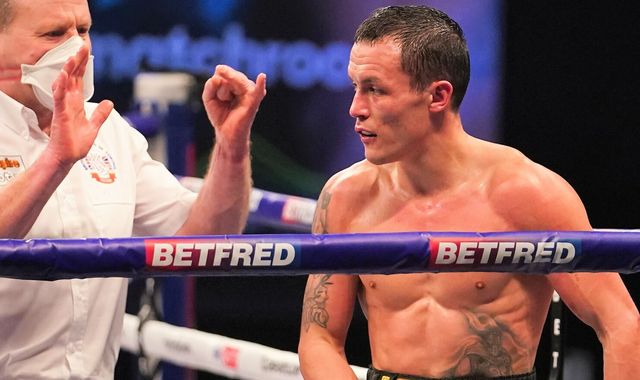Paul Pogba: We played for Manchester – we played for the people who died’
Written by News on 27/05/2017
French midfielder Paul Pogba has dedicated Manchester United’s Europa League win to the victims of Monday’s attack.

And the club’s manager Jose Mourinho said his side would give up their trophy if it would bring back the 22 victims of Monday’s terror attack in Manchester.
Manchester United beat Ajax 2-0 in Stockholm on Wednesday to win the Europa League for the first time.
But the game was overshadowed by the deadly suicide attack at Manchester Arena, which also left dozens injured.
"If we could, we would obviously change the people’s lives for this cup, immediately," the manager said after the match.
"We wouldn’t think twice. Does this cup make the city of Manchester a little bit happier? Maybe. But we just came to do our job.
"We came without the happiness we should bring with us, because when you come for these big matches, you come happy, you come proud. And we didn’t. we just came to do our job."
The game was preceded by a minute’s silence, which was interrupted by applause from both sets of fans.
French midfielder Paul Pogba, who scored United’s first goal, dedicated the triumph to the victims, saying: "We played for the people who died.
"These things are terrible all over the world, in London and in Paris.
"We went out focused to win and we won for Manchester and the country.
"We played for England, we played for Manchester and we played for the people who died."
Sporting rivalries were put to one side as Manchester City sent out a full-time tweet of a message saying "#ACityUnited", with ‘City’ written in light blue and ‘United’ in red.
Several of the players shared a picture from the changing room of the team holding a banner that read ‘Manchester – A City United #PrayForManchester’.
(c) Sky News 2017: Paul Pogba: We played for Manchester – we played for the people who died’





